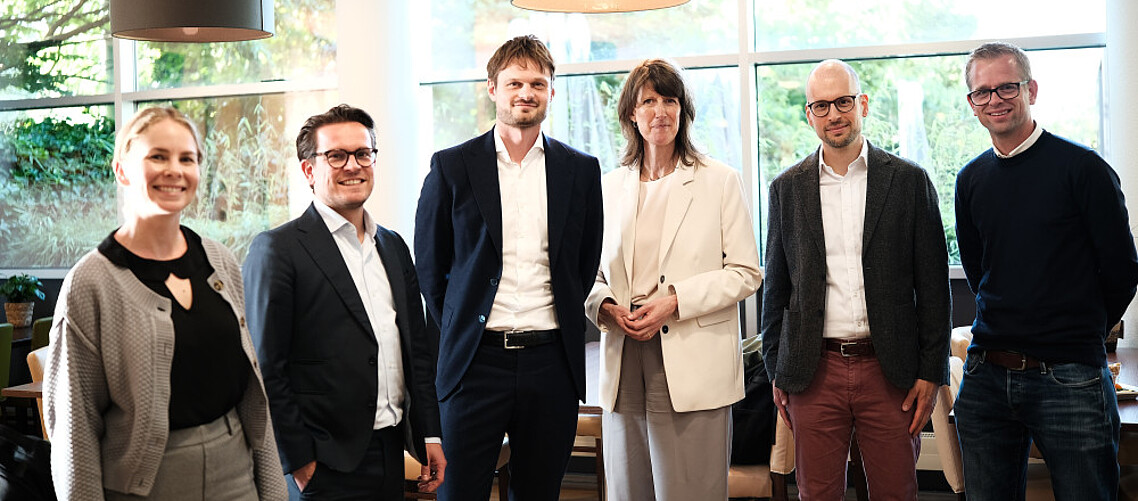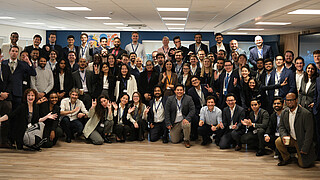The conversation opened by unpacking how we arrived at the current backlash against ESG. In the push to mainstream ESG investing, the field downplayed explicit normative values, shifting the narrative from ‘the right thing to do’ to ‘the more profitable thing to do’. This reframing was supported by strong performance data that showed ESG funds outperforming traditional indexes and demonstrating greater resilience during periods of market volatility.
While this dispassionate positioning fuelled rapid ESG adoption, it also created a vulnerability: if ESG underperforms in the market, defending it on financial grounds alone becomes challenging – especially after normative values have already been sidelined by its proponents. Ironically, in the United States, critics of ESG are now weaponising their own normative arguments, claiming ESG initiatives take advantage of ordinary American investors who just want maximised returns.
Turning to the Dutch context, the panellists discussed whether the perception of a polarised society might be overstated. In the Netherlands, the majority of the population acknowledges climate change as a critical issue, thereby creating a stronger foundation of support for sustainable finance and impact investing. Nonetheless, the panel highlighted concerns around important barriers to growth in the space, including wavering investor sentiment amid broader economic uncertainty.
On the regulatory side, panellists discussed the delicate balance between establishing clear, reputable standards and the risk of undermining competitiveness by imposing heavier burdens on impact investors than on traditional ones. Additionally, they explored persistent challenges and emerging innovations to enable accurate measurement of specific types of impact, particularly social impact (for example, identifying the most effective methods for measuring ‘improved lives’).
Ultimately, the discussion reinforced that even if the term ‘ESG’ fades, the need for a financial system transition toward sustainability in the Netherlands remains, and the tide will continue to turn in this direction. The problems ESG aims to address are worsening, the risks continue to grow, and the opportunities for impact are as important as ever – realities that transcend changing terminology.
Key Takeaways:
-
The problems, risks and business case for sustainable finance and impact investing are only intensifying, underscoring the urgent need for capital that supports a sustainable, equitable future.
- It is essential to bring values back into the conversation alongside the business case – framing those values as mainstream, not radical or ideological.
- Regulators and policymakers can support the space with clear, effective standards that avoid overly burdening responsible investors.
- Growing interest from asset owners and individual investors demands careful investigation of barriers to scaling and innovation to ensure that intent aligns with action.

